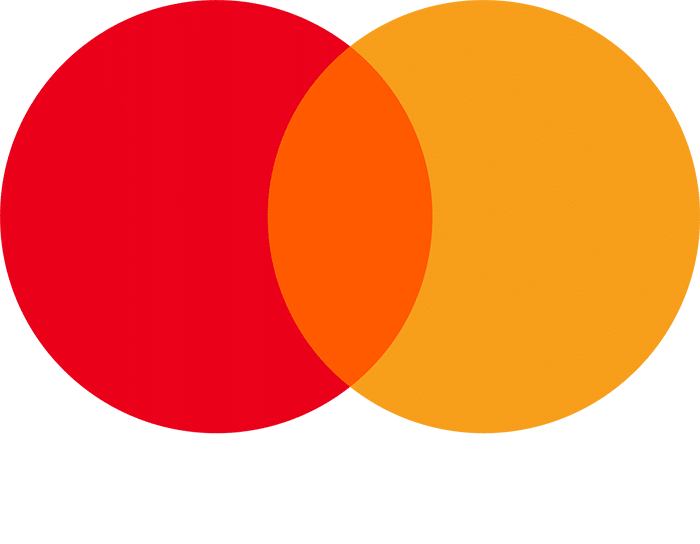How We Use Energy
Vocabulary
Read the vocabulary terms to understand the reading better.
Commercial
Commercial means having to do with businesses that sell goods and services to make money.
Energy
Energy is the ability to do work.
Industrial
Industrial means having to do with businesses that make items to sell to other businesses.
Natural Gas
Natural gas is a type of fossil fuel that was formed under the ground a long time ago from dead plants and animals.
Residential
Residential means having to do with people’s homes and places where people live.
Canada is a very developed country. We use a lot of energy in our homes, schools, businesses, and for transportation. The government of Canada measures how much energy is used in four areas:
Residential

This includes houses and apartments.
Commercial/Institutional

This includes buildings such as offices, stores, malls, hospitals, and schools.
Industrial
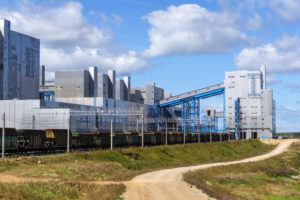
This includes buildings and equipment used for industries: examples of industries are manufacturing, construction, agriculture, mining, and forestry.
Transportation

This includes all vehicles that move people or goods: examples include cars, buses, trucks, and trains.
The circle graph shows approximately how much energy is used in each of these areas.
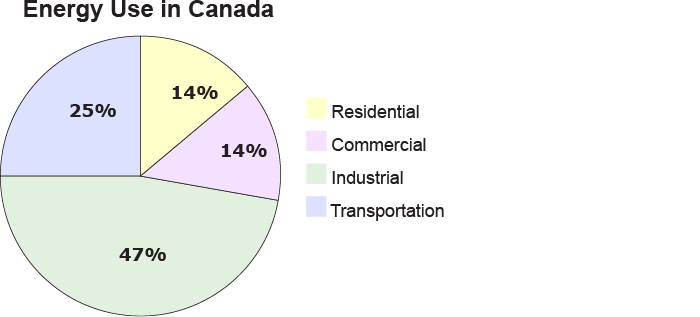
Energy Use in Our Homes
In Canada, natural gas and electricity are used to heat most homes, including apartment buildings. About 20 percent of all homes are heated through the use of other fuels such as oil, wood, wood pellets, or propane. We also use energy in our homes for other purposes, including:
- lighting
- heating water
- appliances such as refrigerators and blenders
- electronic equipment such as televisions and computers
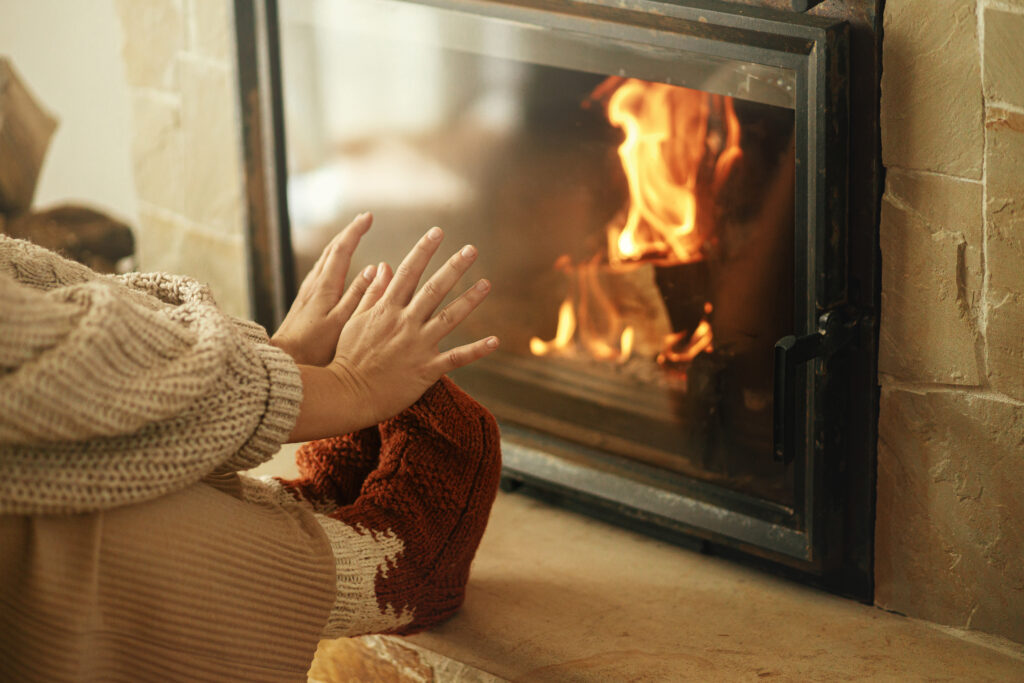
through the use of other fuels
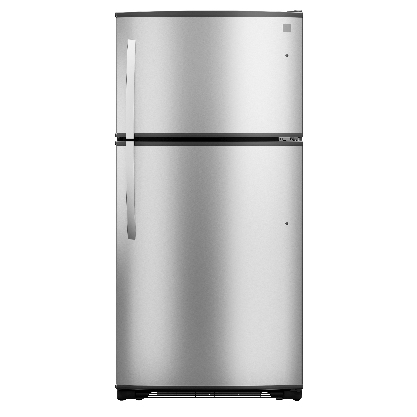
use energy
The amount of electricity we use in our homes is increasing every year.
To learn more about saving energy around the house, watch the video by Mississippi Power on YouTube.
Show What You Know!
Complete some questions about the reading selection by clicking “Begin Questions” below.






